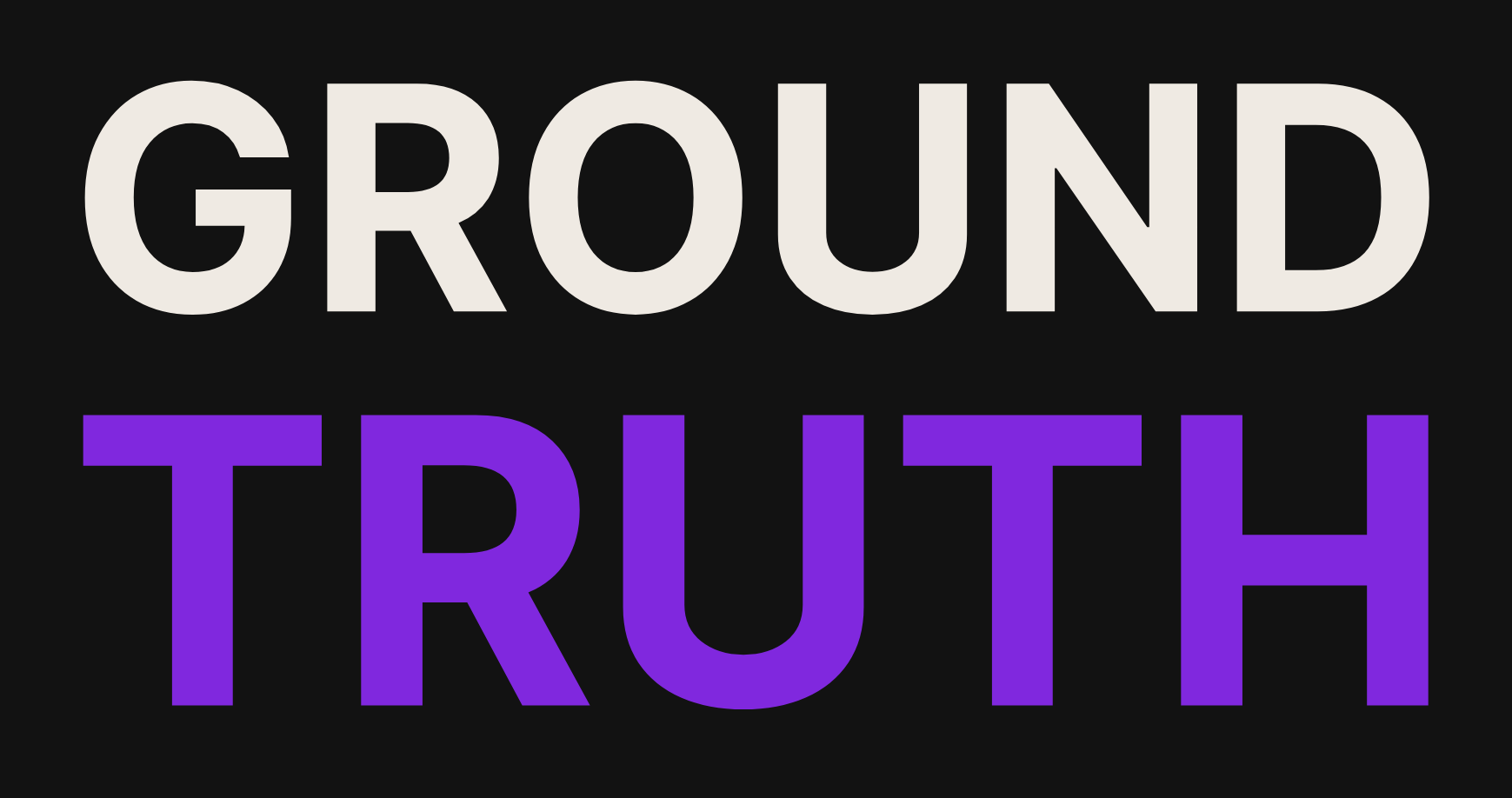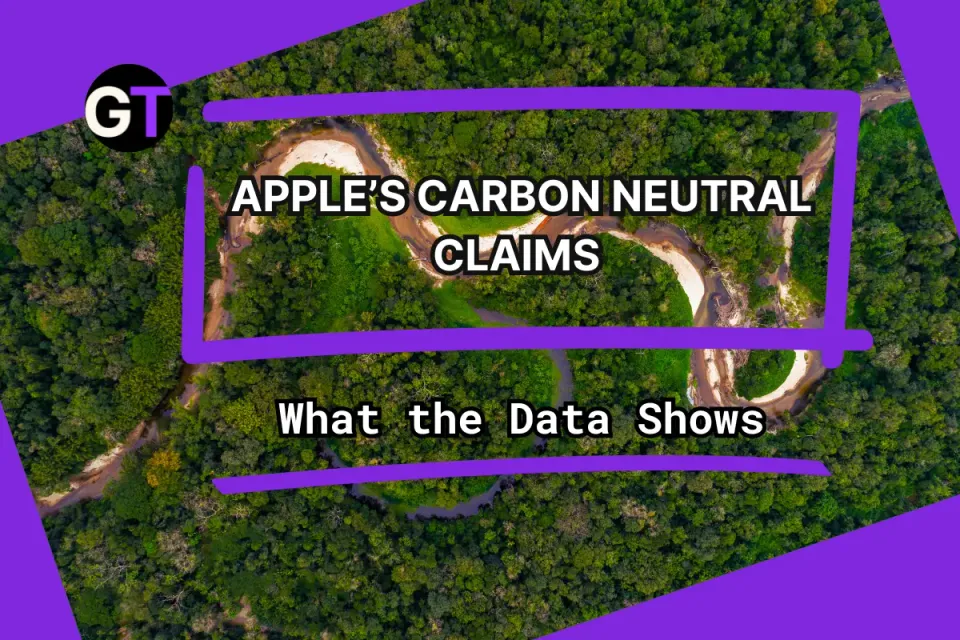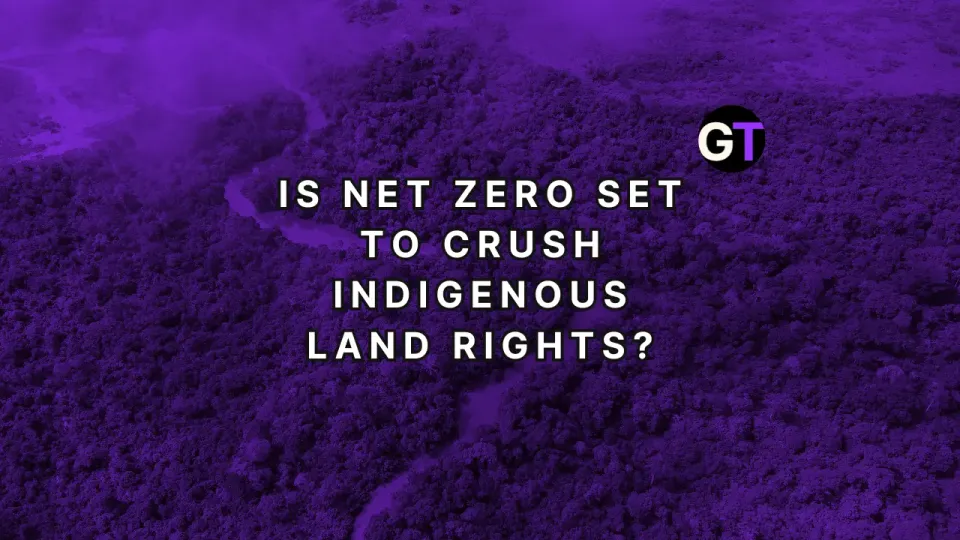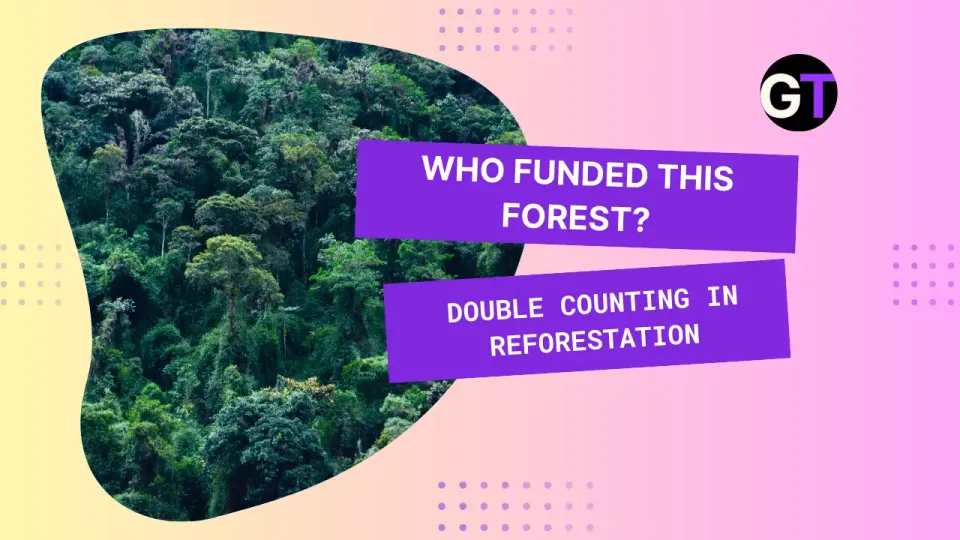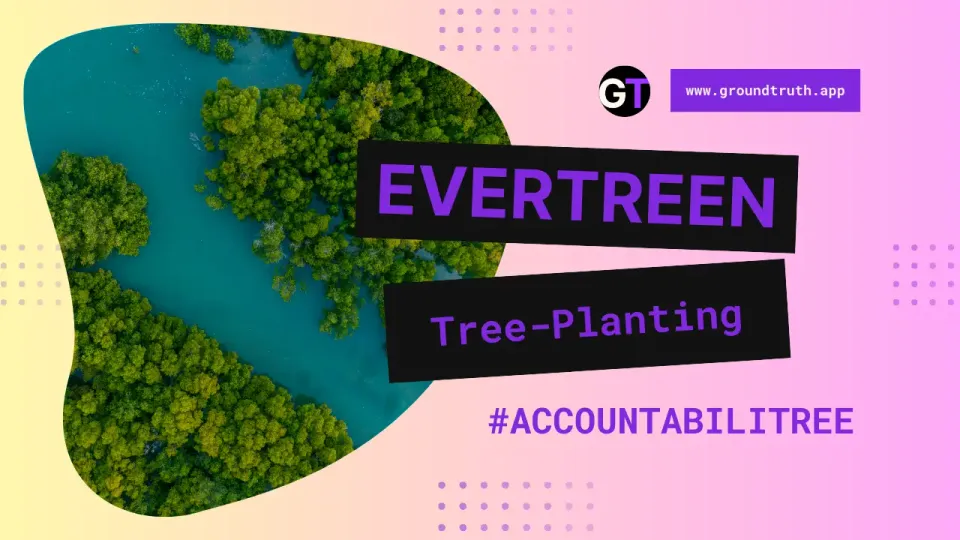Kenya Agroforestry Project Promises Transparency 🇰🇪
Kenya's GFCCA drives regenerative agriculture near Lake Victoria, empowering farmers with agroforestry and carbon credits for climate resilience.

The Western Block Carbon Project 🌍
Kenya’s agriculture sector isn’t just the breadbasket; it’s the whole pantry—serving up 60% of the country’s income, employing millions, and exporting like a boss. But here’s the twist: it’s also riding the climate change rollercoaster, thanks to droughts, floods, and outdated reliance on rain-fed farming. Smallholder farmers produce 75% of the country’s output, yet they’re hit hardest by climate chaos.
Enter agroforestry—a.k.a. the "trees save the day" strategy—aiming to green up degraded land, cut carbon emissions, and give farming a resilience glow-up. This is particularly pertinent given that according to Global Forest Watch, Kenya is currently experiencing a net tree loss of hundreds of thousands of hectares.
Kenya’s Climate-Smart Agriculture plan dreams big, promising reclaimed soil, lush tree covers, and farm-level transformation. The catch? Convincing farmers that planting trees is worth their while. One of the key incentives? Carbon credits.
The Western Block Agroforestry Carbon Project, which aims to do just that in Kenya, isn’t asking for your blind applause. While carbon credit projects have recently been scrutinized for allegedly lacking transparency, the proponents of this project are aiming to maximize disclosure for the benefit of anyone who might be curious.
When I spoke with Moses Ojunju, CEO of the Global Foundation for Climate Change Africa (GFCCA), the organization leading the project, he was open to my inquiries for granular project info. Moses was keen to talk about their methods, share documentation, and even hand over tools for anyone to examine the project from the comfort of their own laptop.
Moses’s approach to transparency, including the provision of detailed maps, distinguishes WB Carbon from other projects lacking this level of public disclosure.
GFCCA's New 40X40 Vision for Farmers 🌳
At its core, WB Carbon wants to be a bold experiment in regenerative agriculture in Africa. Operating in Kisumu, Homa Bay, Migori, and Siaya counties — all bordering Lake Victoria — the project targets 40 thousand smallholder farmers across 40 thousand hectares, providing them with the training and resources to transform their degraded farmland into agroforestry systems.
The idea? Replace monocrops with biodiverse plots featuring fruit trees, timber species, nitrogen-fixing plants, and vegetables. These systems don’t just sequester carbon; they also increase food security, improve soil health, and create new income streams for farmers.
But the real kicker is how this initiative aims to link smallholders to voluntary carbon market initiatives. Farmers can sell carbon credits generated by their agroforestry systems, sharing revenue while keeping full ownership of their land.

Transparency in Carbon Offsets: Building Public Trust 🔍
Transparency is a critical factor for public trust in carbon offset projects, and WB Carbon has made it a focal point.
Moses shared a KML map that anyone can load into Google Earth to see exactly where trees have been planted. It’s a game-changer for accountability, letting stakeholders track the project’s progress from the sky.
“We don’t have standardized methodologies” Moses admitted. Instead, the project relies on regular site visits to evaluate progress and offer support to farmers. “It’s not about ticking boxes; it’s about seeing real change on the ground,” he emphasized.
While the KML map hasn’t been independently validated by a third party, it’s a bold move—similar to the self-disclosure efforts by platforms like explorer.land and Tree Nation. This approach not only builds trust but also sets the bar higher for carbon offset projects everywhere.
Kisumu Agroforestry Initiatives: Promises and Pitfalls 🌿
While the project offers significant promise, it’s not without challenges. Transforming degraded farmland into thriving agroforestry systems is an ambitious goal, especially when relying on volatile carbon markets.
Key questions remain:
- Can WB Carbon maintain its impact across 40,000 hectares?
- Will the income from carbon credits live up to farmers’ expectations?
- How resilient is the project to risks like drought or fluctuating carbon prices?
Lake Victoria Region Regenerative Agriculture: A Model for the Future? 🤔
WB Carbon is part of a broader push for regenerative agriculture in Kenya, and throughout Africa. If successful, it could serve as a model for addressing the intertwined crises of climate change, food insecurity, and land degradation.
For now, the Western Block Agroforestry Carbon Project is planting a seed of hope for a transparent, scalable approach to carbon offsets. As the project progresses, its successes and challenges will provide valuable insights for similar initiatives. We look forward to tracking it's progress and want to thank Moses for giving all of us a front row seat ✌️🌸.
Read the project documentation below (if you're brave enough for 250 pages).
Sources 📝
Brown, H. Claire. Forest-Preservation Credits Win Seal of Approval From Industry Watchdog. The Wall Street Journal, November 21, 2024. Available at: https://www.wsj.com/articles/forest-preservation-credits-win-seal-of-approval-from-industry-watchdog-691b7a62
Kenya Agroforestry Strategy: Accelerating the Contribution of Agroforestry to Kenya’s Nationally Determined Contribution (NDC) and National Development Goals (Draft, February 2021). Climate Technology Centre and Network (CTCN). Retrieved from:https://www.ctc-n.org/system/files/dossier/3b/KENYA%20AGROFORESTRY%20STRATEGY%20DRAFT%20February%202021_.pdf
Kenya Dashboard. Global Forest Watch. Accessed November 27, 2024. Available at: https://www.globalforestwatch.org/dashboards/country/KEN/
Edited by Chris Harris

This work is licensed under a
Creative Commons Attribution 4.0 International License.
